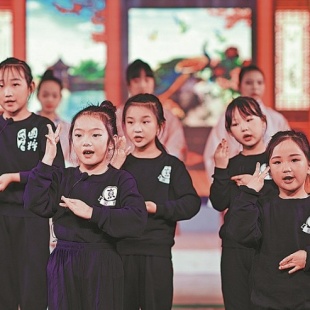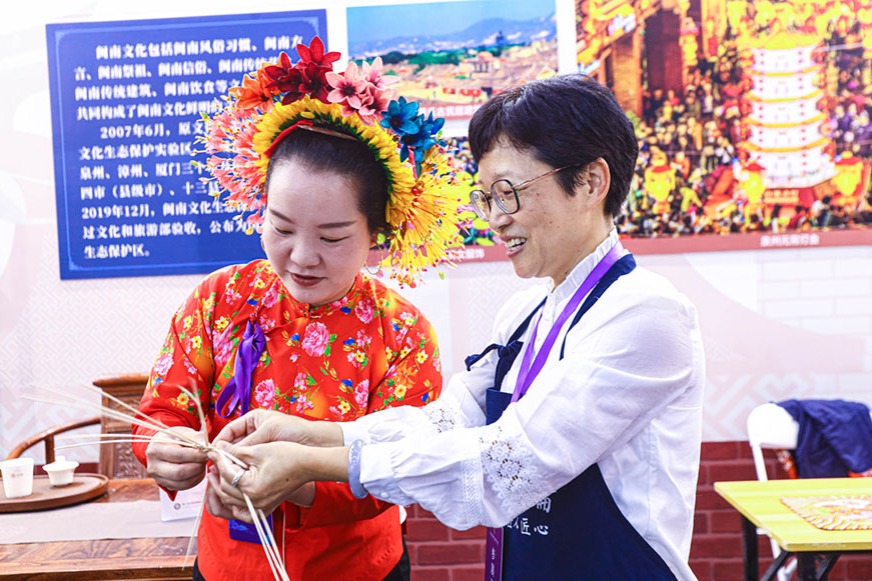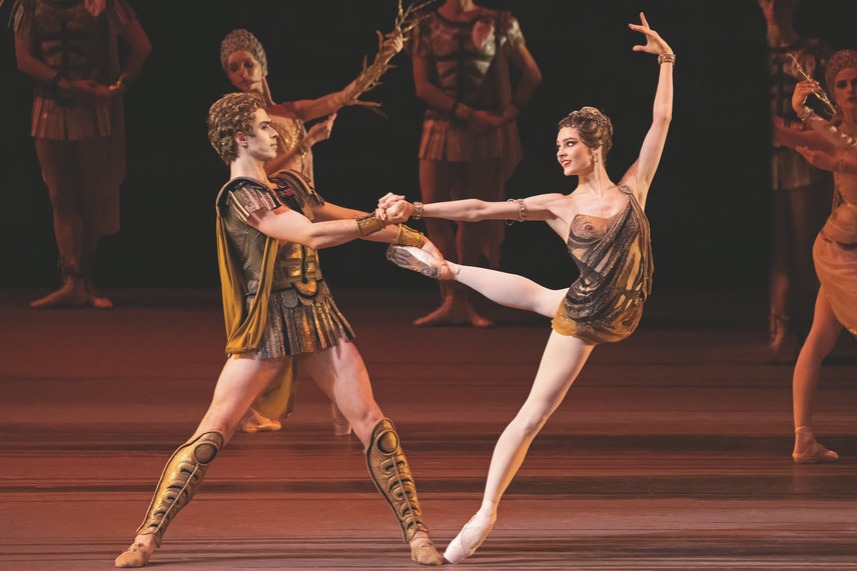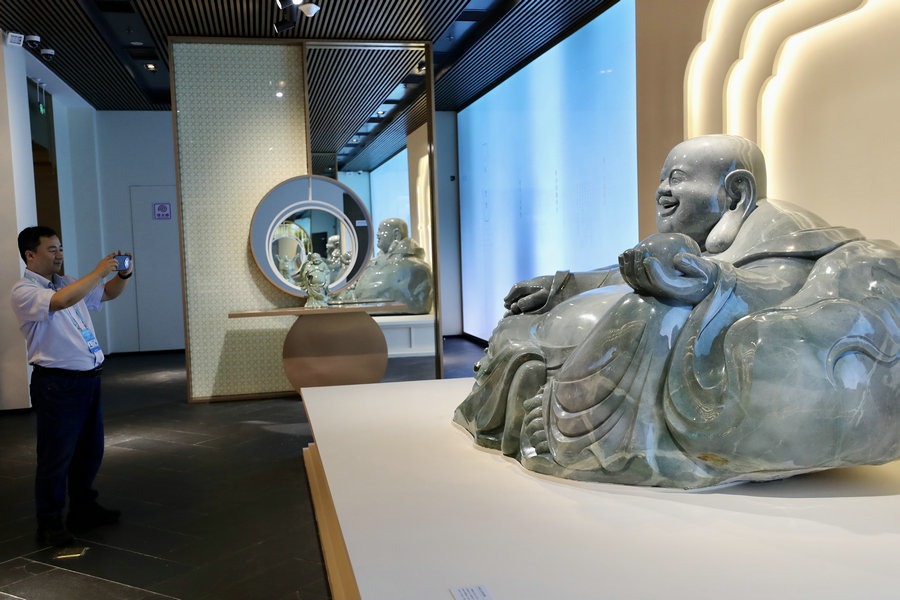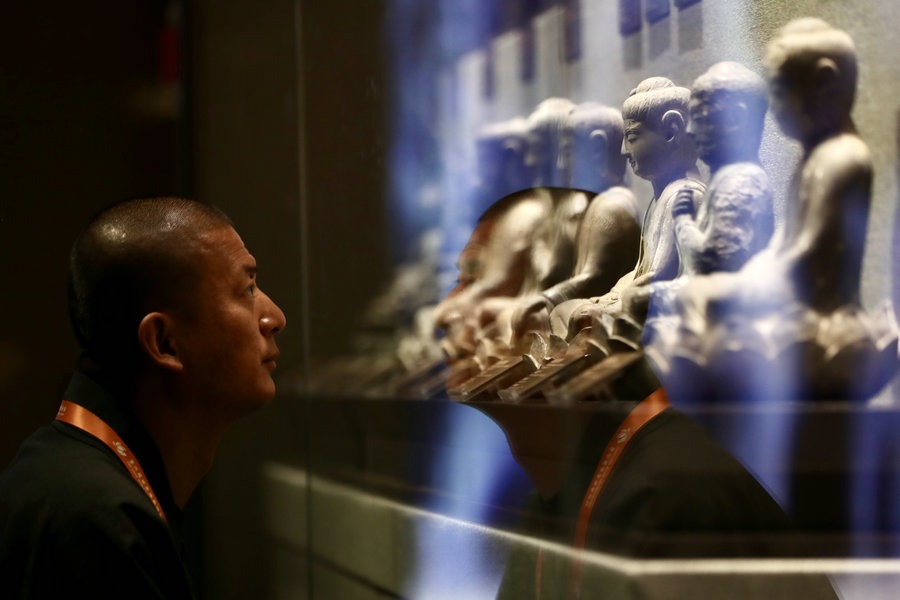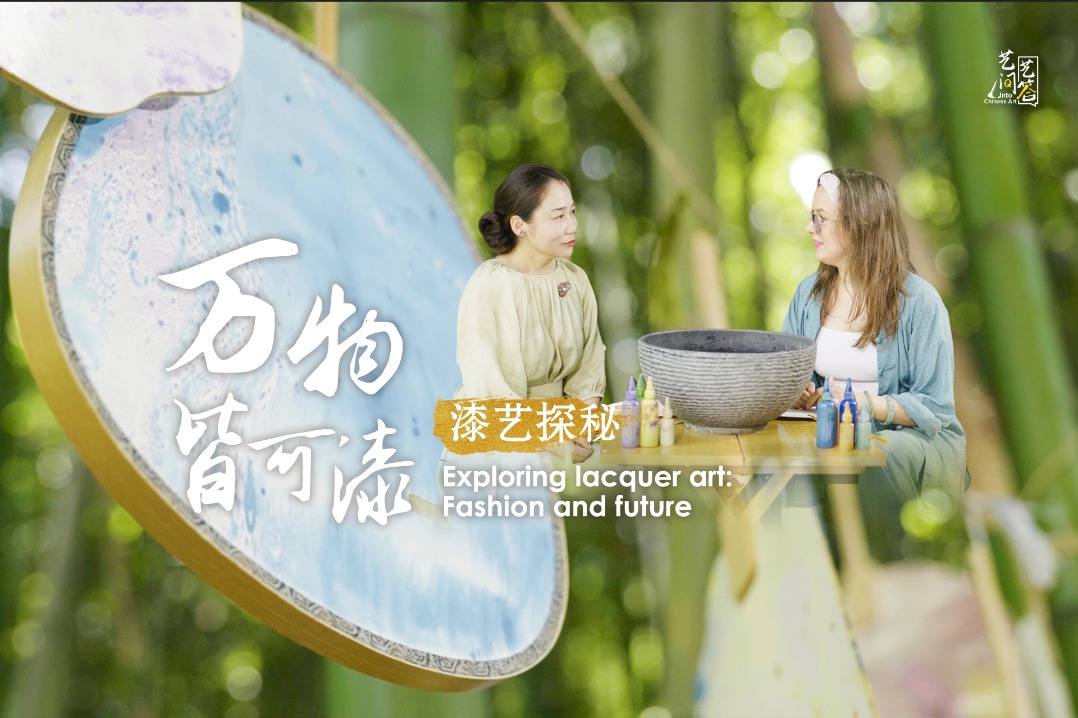Peking Opera pitched to younger audiences

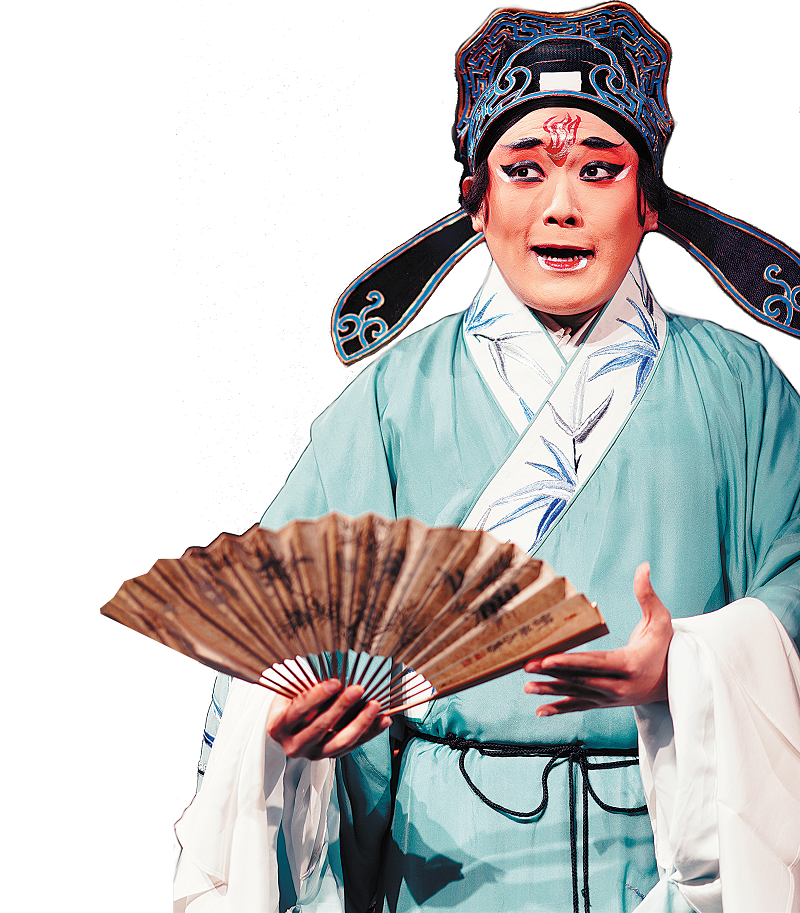
Household names
Jingge-songs that feature elements of Peking Opera-are gaining popularity among young people.
One of the earliest such numbers that became popular is linked to the song Jiao Dao in 1964, which featured in the Hong Kong movie Blood Handprint. Using a Peking Opera melody, it was performed on stage by Teresa Teng, Fei Yuqing and numerous other well-known singers.
In the 1990s, many songs featured elements of Peking Opera, with some becoming household names, including Hometown is Beijing, Ode to Pear Flowers, Rap Facial Makeup (Shuochang Lianpu) and One Night in Beijing.
A Bitter Love (Qing Yuan), written by singer Liu Huan in 1996, combines modern pop music with Peking Opera tunes.
About 12 years ago, singer Li Yugang became well known for performing New Drunken Concubine. Written by composer/songwriter Hu Li, the music and singing style borrowed much from Peking Opera. Traditional plucked instruments such as the erhu, zheng and pipa, along with the xiao, a flute played vertically and usually made from bamboo, were used for the song.
Jingge songs are now more popular as young people become increasingly interested in traditional culture.
Li Zhengkuan, 26, is among the present-day jingge singers who have attracted a following. One of his best-known songs, Wujiapo 2021, is adapted from a passage in the Peking Opera drama Red Maned Horse. The song has been played about 13 million times, receiving more than 440,000"likes".
Most young audiences surprised and impressed by the melody for Wujiapo 2021 said they would like to listen to similar songs.
The storyline for Red Maned Horse, the thinking of the hero and heroine, and the views held on marriage in ancient times have triggered heated discussion.
Li, who began studying Peking Opera when he was 7, attended the Chinese Opera School Affiliated to the Shanghai Theatre Academy for eight years before going on to the academy, where he graduated after majoring in Chinese Opera directing.
He has posted many videos on social media of himself singing numbers adapted from Peking Opera while playing guitar.
Wujiapo 2021 has a quicker rhythm with drum accompaniment than Wujiapo, another version released earlier.
"This song uses the structure of pop music, which is familiar to young audiences and combines elements of Peking Opera, which they find surprising," he said.
"Red Maned Horse has been performed by generations of artists to meet audience preferences, which is part of its great charm," Li said.
"Young people are now paying more attention to traditional operas, and they like songs with operatic elements, which reflect cultural confidence."
In December, To the Moon, a crossover song sung by Li featuring Peking Opera and Cantonese Opera, won the gold medal at the third Global Micro Cantonese Music Competition in Guangzhou, capital of Guangdong province.
Last year, Li directed a musical titled Every Sound is Song, which uses elements of rap songs, pop music and Peking Opera. The production won high praise from audiences in Shanghai.
Two years ago, he directed a Peking Opera work based on the tragic play Faust by Johann Wolfgang von Goethe.
"I want to introduce Western classics to Chinese audiences and also spread the charm of Peking Opera through well-known Western works," he said.
"Based on my experience, there are infinite opportunities to explore the combination of Peking Opera and other art forms. These art forms are different, but they also convey human feelings in a strong way, and they can borrow from each other."
Li wants to create musicals based on traditional operas. "In this way, young audiences can more easily accept and even fall in love with these operas," he said.
He is directing a musical for children that is based on Peking Opera and features the life of Gao Shi (704-765), a poet during the Tang Dynasty (618-907). Two of Gao's poems are included in the popular anthology Three Hundred Tang Poems. The poet was born to an impoverished family, had a rocky career in early life, but made great achievements in his 50s and became a military secretary.
"When I received the original script, it was only an ordinary play. But by combining it with Peking Opera, I want to make the work attractive to children and turn it into an opportunity for them to appreciate traditional operas," Li said.


